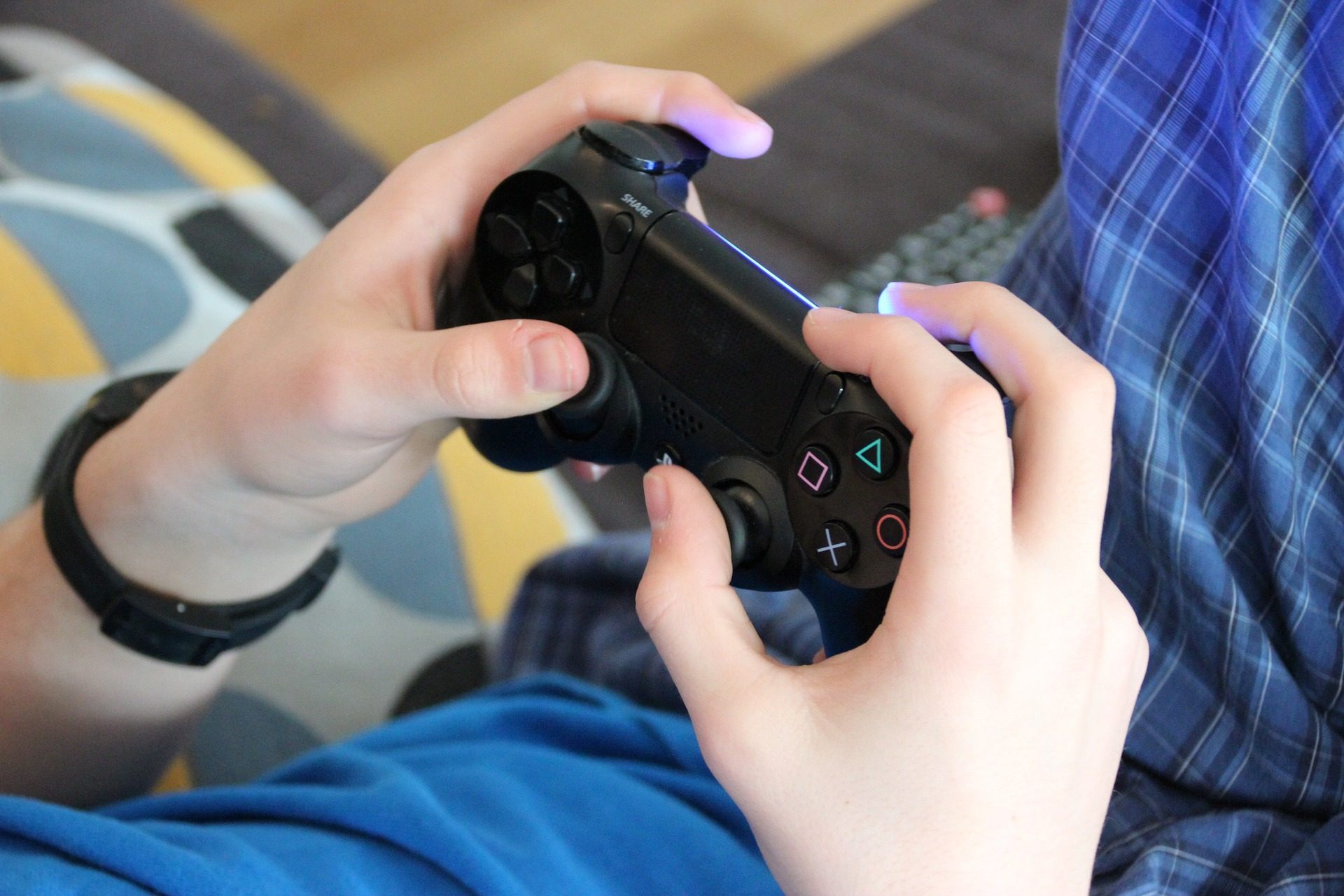As millions around the globe continue to face strict lockdown restrictions, more and more people are turning to video gaming for some much needed relief and entertainment. But is this creating a harmful addiction?
The COVID-19 global lockdown has led to a rapid increase in the number of hours we spend online. We turn to the internet in a desperate quest for social distancing-friendly activities to keep us entertained at home.
Since the start of the pandemic, millions of people around the world have attempted to take on new digital activities be it online classes, socialising with friends and family, meetings, fitness training, or even video gaming.
This excessive screen time and gaming in particular can result in harmful health effects, especially on children and adolescents. In addition to the negative health effects brought about by sedentary lifestyles, increased screen time and gaming time also means increased potential exposure to violent or sexual content, cyberbullying, misinformation on the COVID-19 pandemic, as well as the possible development of gaming disorder.
In 2019, the World Health Organisation (WHO) categorised video game addiction as a mental health disorder alongside gambling and other addictive behaviours.
Gaming disorder, as defined in the 11th version of the International Classification of Diseases (ICD-11) is: ‘a pattern of behaviour characterised by impaired control over

gaming, with increasing priority given to gaming over other activities to the extent that gaming takes precedence over other interests and daily activities, and the continuation or escalation of gaming despite the occurrence of negative consequences’.
Fast forward to 2020, only one year later, the COVID-19 lockdown has resulted in a global boost in user engagement with video games.
Read also: Procrastinating too much? Here are five apps to boost your productivity
In fact, Twitch, the world’s leading live streaming platform for gamers, recorded 1.49 billion gaming hours for the month of April, an increase of 50% of the hours recorded in March.
Unsurprisingly, gaming platforms and companies have experienced a massive increase in their revenues this past year. In the first quarter of 2020 alone, the game industry in China, where the lockdowns first started, grew by 49% and created ¥55 billion revenue (approximately 8.41 billion USD).
The top five most downloaded games during the pandemic all support interpersonal interaction, which reflects how people have turned to gaming as a means of not only entertainment, but interpersonal interaction.
Playing games can help people feel safely connected to others and this can act as a coping mechanism for stress in times of loneliness and isolation. In the early stages of the pandemic, the WHO even encouraged online gaming and a joint campaign was launched together with the video gaming industry, dubbed #PlayApartTogether.
However, it is important to be aware of the harmful effects and maintain a healthy balance. This is especially important for parents, as children are more vulnerable to fall victim to unhealthy behaviours.
Parents and caregivers therefore need to understand the health risks, pick up on the warning signs and know when to seek professional help.
Health risks of excessive gaming
According to the WHO, excessive gaming can:
- Replace healthy behaviours and habits such as physical activity, sleep, healthy eating habits.
- Lead to harmful habits such as reduced sleep and day-night reversal.
- Cause headaches, malnutrition and/or neck pain.
- Lead to the development of gaming disorder.
- Encourage other unhealthy behaviours, such as gambling, seeing as some games have gambling-like events and elements.
What to look for
Recognising the signs of excessive gaming and potential gaming disorder is crucial for timely action. The most common signs of excessive gaming are:
- Affected individual finds it hard to focus and complete school tasks.
- Personal relationships with peers and family members are negatively impacted.
- Gaming takes priority over basic activities such as eating, personal hygiene, sleeping and exercise.
- Significant changes in the person’s mood and ability to control outbursts when asked to refrain from gaming.
Advice for parents
Though gaming has helped find a solution to social isolation and boredom during quarantine, parents should remain vigilant. Here is how you can manage it:
- Screen time and gaming should be limited to no more than 1 hour per day for young children (aged 4 or younger)
- Parents should help in creating a healthy balance between online and offline activities.
- Clear rules are necessary to regulate screen time and how, when and where children can use the internet or play video games.
- Parents should encourage their children to be more active. This can include playing video games that require some physical activity if possible.
- Parents should offer other options for fun activities to pass the time such as cooking together, board games, arts and crafts, reading and exercising.
- It is important for parents and caregivers to explain to children that limitations around screen time have been relaxed only temporarily, and once lockdown ends, normal routines and rules will resume.
- Regular sleep routines and healthy eating habits for children should be maintained.
- If a child has been diagnosed with gaming disorder, it is important for parents to keep in touch with their therapist and continue treatment.
Shared responsibility
Everyone has a role to play especially when it comes to raising awareness on the health risks associated with excessive screen time and gaming.
- Healthcare providers should routinely assess for these disorders particularly when it comes to children and adolescents and make sure psychological support and counselling is adequately provided.
- Gaming companies should ensure that safety measures and parental control features are included in all games.
- Developers should design games that contain an element of physical activity.
- Policy makers should update existing guidelines on the provision of psychosocial support to include assessment and support for people with gaming disorders.
Video games have the potential to help people feel better and cope with the psychological stresses brought about by the COVID-19 crisis. However, it can only be enjoyed safely and healthily with an increased awareness around the need to approach gaming with caution and moderation.
Maha El Akoum, MPH, is a public health professional currently working as Head of Content at World Innovation Summit for Health [WISH].
Follow Doha News on Twitter, Instagram, Facebook and Youtube







